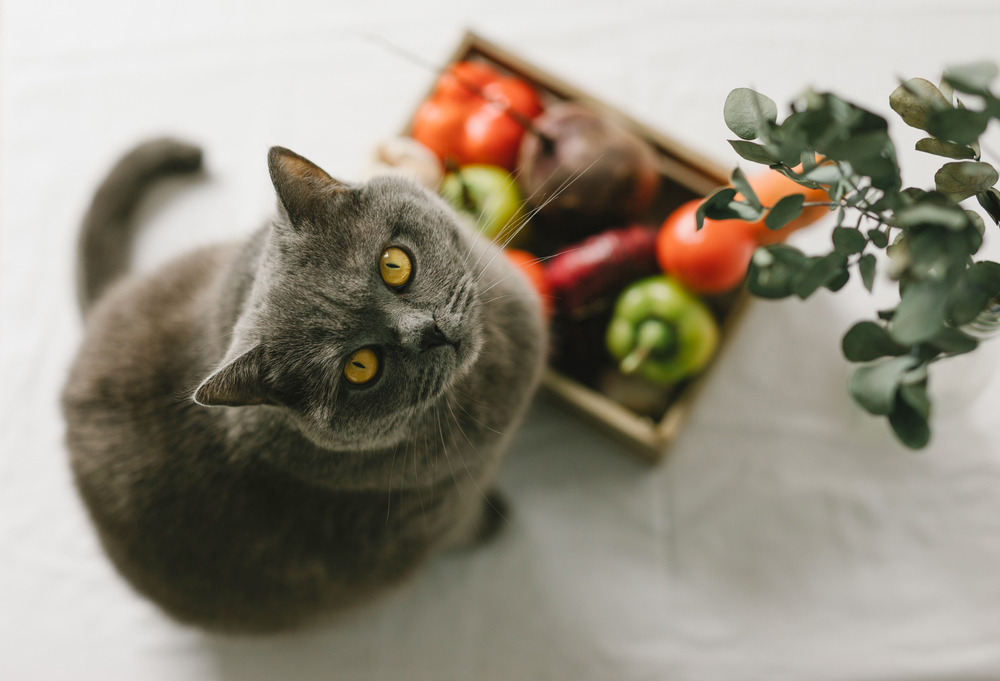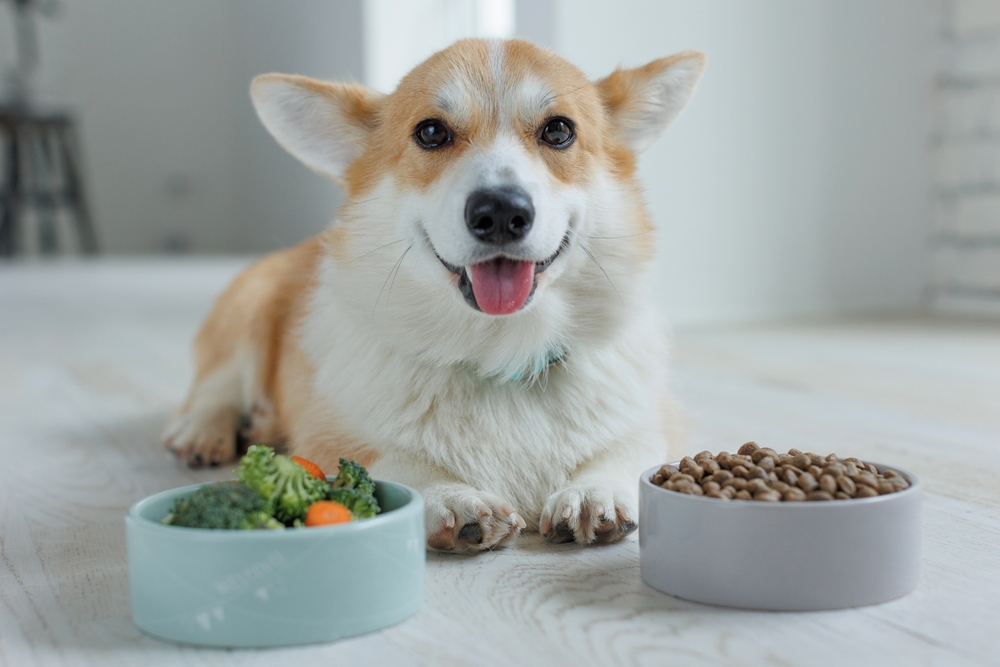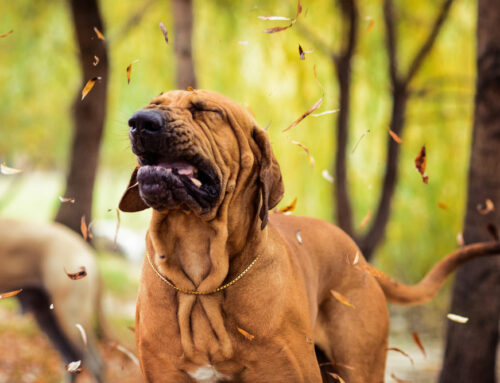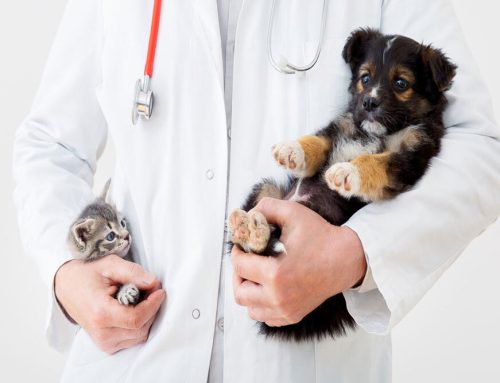Have you ever found yourself overwhelmed by conflicting advice about what to feed your furry companion? You want to give your pet the best, but sorting through the myths and facts about pet nutrition can be daunting.
Our Providence Vet team often hears the same questions from concerned pet parents, and we’re here to set the record straight. From the debate between meat and meat meal to the grain-free craze, we’re here to debunk some common myths with facts. So, grab your pet’s favorite treat and settle in for some myth-busting.
Myth: Meat is better than meat meal in pet food
You might think the word “meat” on your pet food label sounds more appealing than “meat meal,” but let’s dive a little deeper. Meat meal is essentially meat cooked to remove moisture, making it a concentrated protein source. Think of meat meal as the protein powder of the pet world.
Fresh meat can contain up to 85% water and only 10% to 30% protein. At the same time, meat meal can average about 10% water and 65% protein, so this ingredient packs a nutritious punch. Next time you’re in the dog food aisle, don’t let the name fool you—meat meal can be just as beneficial for your pet as fresh meat.
Myth: Corn and by-products in pet foods are bad
Ah, corn—the bane of pet food critics everywhere. Many believe corn and by-products are just fillers with no nutritional value. However, corn is a good carbohydrate source, which is important for energy. Plus, corn contains essential fatty acids and proteins.
By-products, such as organ meats, are also nutritious and contain high levels of essential nutrients such as vitamin A, iron, and zinc. Including these in pet food helps provide your four-legged friend with a balanced diet. So, while the term “by-products” might sound unappealing to us, these ingredients are wholesome and natural nutrition sources for pets.
Myth: Grain-free pet food is best
Grain-free diets have become trendy, but are they truly better for your pet? The reality is that grains are a good source of nutrients and fiber. The misconception likely stems from grain-related food allergies, which are relatively rare in pets.
If they are eating a grain-free diet, your pet could be missing out on valuable nutrients, as grain-free diets have been linked to an increased risk of developing dilated cardiomyopathy (DCM), a serious heart condition. So, before you jump on the grain-free bandwagon, remember your pet’s digestive system isn’t exactly pining for a paleo diet.
Myth: Table scraps and milk are perfectly healthy for cats
A common classic myth is that cats need milk to thrive. In reality, many cats are lactose intolerant. As kittens, they produce the lactase enzyme, which allows them to digest their mother’s milk. However, as they grow older, cats often stop producing this enzyme, making digesting dairy difficult. Rather than giving your pet milk, stick to cat-safe treats and foods.
In addition, sharing your meal with your feline friend might be tempting, but many table scraps are harmful. Foods, such as onions, garlic, and dairy products, can upset their stomachs or worse. While your cat might give you those irresistible “feed me” eyes, remember their digestive system is more sensitive than yours. Giving in to their begging could lead to a not-so-fun trip to the vet. So, rather than sharing your dinner with your whiskered pal, keep a stash of cat-safe treats handy for those mealtime moments.
Myth: Cats can eat a vegetarian diet

Let’s be real—cats are obligate carnivores, which means they require nutrients only animal products can provide. While you might be considering a vegetarian lifestyle for health or ethical reasons, This regimen is not suitable for your feline friend. Essential nutrients, such as taurine, are only found in meat and are vital for a cat’s health. Cats can’t thrive on veggies alone. They need their meat fix just like any self-respecting carnivore.
We’ve journeyed through some common pet nutrition myths, shedding light on the truths that can keep your pet happy and healthy. If you need help trying to determine the most nutritious diet to feed your pet, give us a call or book an appointment online. Our passionate team at Providence Vet is here to provide care you can trust and help you navigate the confusing pet nutrition world.






Leave A Comment